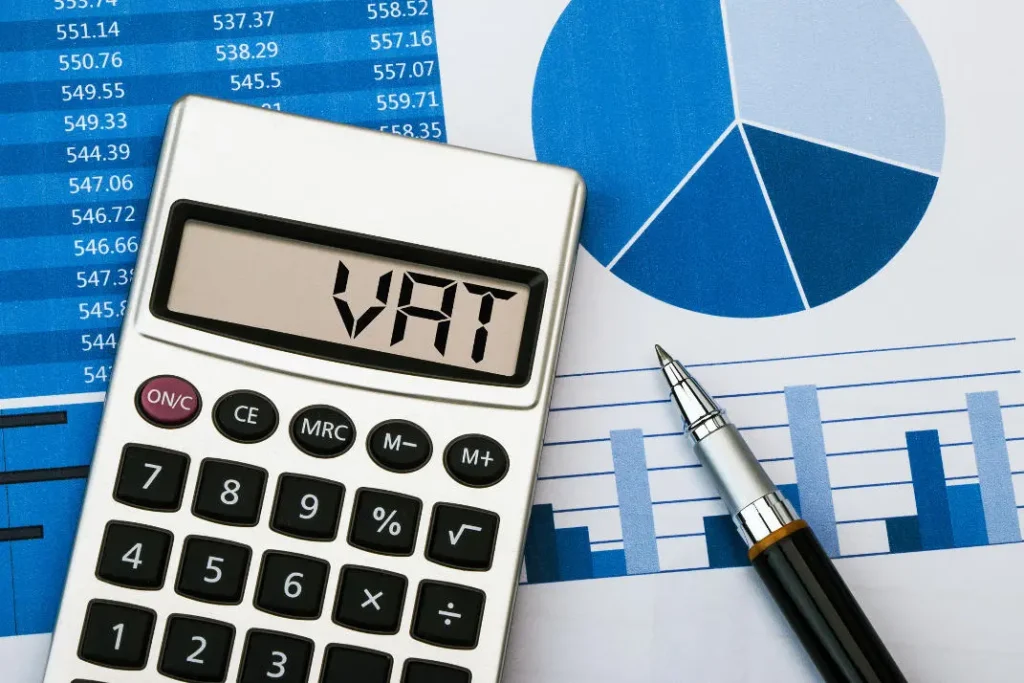Introduction
In Thailand, both businesses and individuals often find themselves needing to transfer money out of Thailand. However, this process is not straightforward and without its challenges. Thailand has strict regulations regarding foreign exchange transactions and imposes taxes on profit remittance.
In this blog post, we will explore the key points to consider when sending money out of Thailand, including the necessary information for transfers, withholding taxes, approved transactions, and more.
Key Points
- Both companies and individuals can remit money from Thailand to other countries.
- Certain transfers are subject to Withholding and other taxes.
- Certain transactions require approval from the Bank of Thailand.
What is Required to Transfer Money Out of Thailand?
Before you can send money out of Thailand, certain information is required to be able to process the transaction. This includes:
- the name of the recipient’s account,
- account number,
- currency and amount of money to be transferred,
- the recipient’s bank name and address, and
- the receiving bank’s SWIFT code or IBAN code (for banks in Europe and the Middle East).
Furthermore, The Bank of Thailand requires every commercial bank to obtain documents from the customer that outlines and states the reasons for sending the funds abroad. For example, companies may need to provide a valid invoice or contract if they intend to transfer funds to pay for goods or services.
What is Required for Individuals to Transfer Money Out of Thailand?
If you are a foreign individual you may be asked to provide a letter from your employer stating your income and prove that you have paid the required personal income tax on that income.
If the individual wishes to send non-employment related income or larger sums of money then they will be required to provide documents explaining the source of the funds you wish to remit money outside of Thailand.
For example, if you sell a condo and wish to remit the proceeds of the sale to your bank account abroad you will need to consider the following:
- Official Land Office Sale Agreement: This document, with the Garuda symbol, officially records the sale of your condo.
- Land Office Tax Receipt: This receipt shows you’ve paid all necessary taxes related to the sale.
- Copy of Condo Title Deed (Chanote): This proves your ownership of the condo before the sale.
- Foreign Exchange Transaction Form (FET): Issued by the bank that handled the foreign currency exchange when you originally purchased the condo, the FET shows the incoming foreign currency used for the purchase.
- Sale Contract: The contract signed with the buyer detailing the terms of the sale might be requested by some banks.
- Tax Clearance Certificate (Optional): Depending on the bank and amount, a tax clearance certificate from the Revenue Department might be required.
Please note that, when remitting income from the sale of a condo to a bank account abroad from Thailand, the exact documents you’ll need may vary slightly depending on your specific situation and the bank you’re using.
Do Transactions Remitting Money Abroad Need to be Approved?
Certain transactions require approval from commercial banks authorized by the Bank of Thailand. These regulations are in place to control inward and outward remittances of foreign exchange. The following transactions require approval from the Bank of Thailand:
- Remittance of USD 100 million (or equivalent) for foreign investment or lending to subsidiaries in foreign countries.
- Remittance of USD 1 million (or equivalent) for the purchase of any affiliate company’s shares in a foreign company.
- Remittance of an unlimited amount for returning investment funds of a branch office or representative office, from the dissolution of business, or decrease of capital or value of shares.
- Remittance of an unlimited amount from paying dividends or profits to a foreign company’s head office.
Read Also: Advantages of Establishing a Limited Company in Thailand
Do you need to pay Withholding Taxes for Profit Repatriation?
When remitting profits to a non-Thai company or individual, the payment withholding taxes is required The withholding tax rates vary depending on the type of income being remitted.
Dividends
Dividends remitted abroad are subject to a withholding tax rate of 10%. However, certain Double Tax Agreements (DTAs) between Thailand and specific countries may reduce this rate. For example, the DTA with Taiwan reduces the withholding tax rate to 5% if the resident of Thailand holds at least 25% of the company’s capital.
Interest
Thailand imposes a withholding tax rate of 15% on interest payments remitted abroad. Again, this rate can be reduced under a DTA. However, there are exceptions to this rate. For example, a 10% rate is applied to interest paid to banks, financial institutions, or insurance companies from countries such as Australia, Cambodia, China, Hungary, Finland, Malaysia, Laos, and Vietnam. Additionally, Italy, Germany, Ukraine, and Japan apply a 0% rate if the interest is paid to a wholly government-owned financial institution.
Royalties
Royalties remitted abroad are subject to a withholding tax rate of 15%. Similar to dividends and interest, DTAs may lower this rate to 5%, 8%, or 10%.
Branch Remittance Tax
If you are remitting profits from a branch office to a foreign company, you will be subject to a branch remittance tax of 10%.
Our Thoughts
Repatriating large sums of money from Thailand can be challenging if you are not able to provide relevant supporting documents, however, understanding the requirements for repatriating money for both companies and individuals in Thailand is essential for living in Thailand. By complying with all the regulations and ensuring tax compliance repatriating money is entirely possible.
For more information about how to remit money abroad or learn more about tax obligations, why not talk to one of our experts now.





